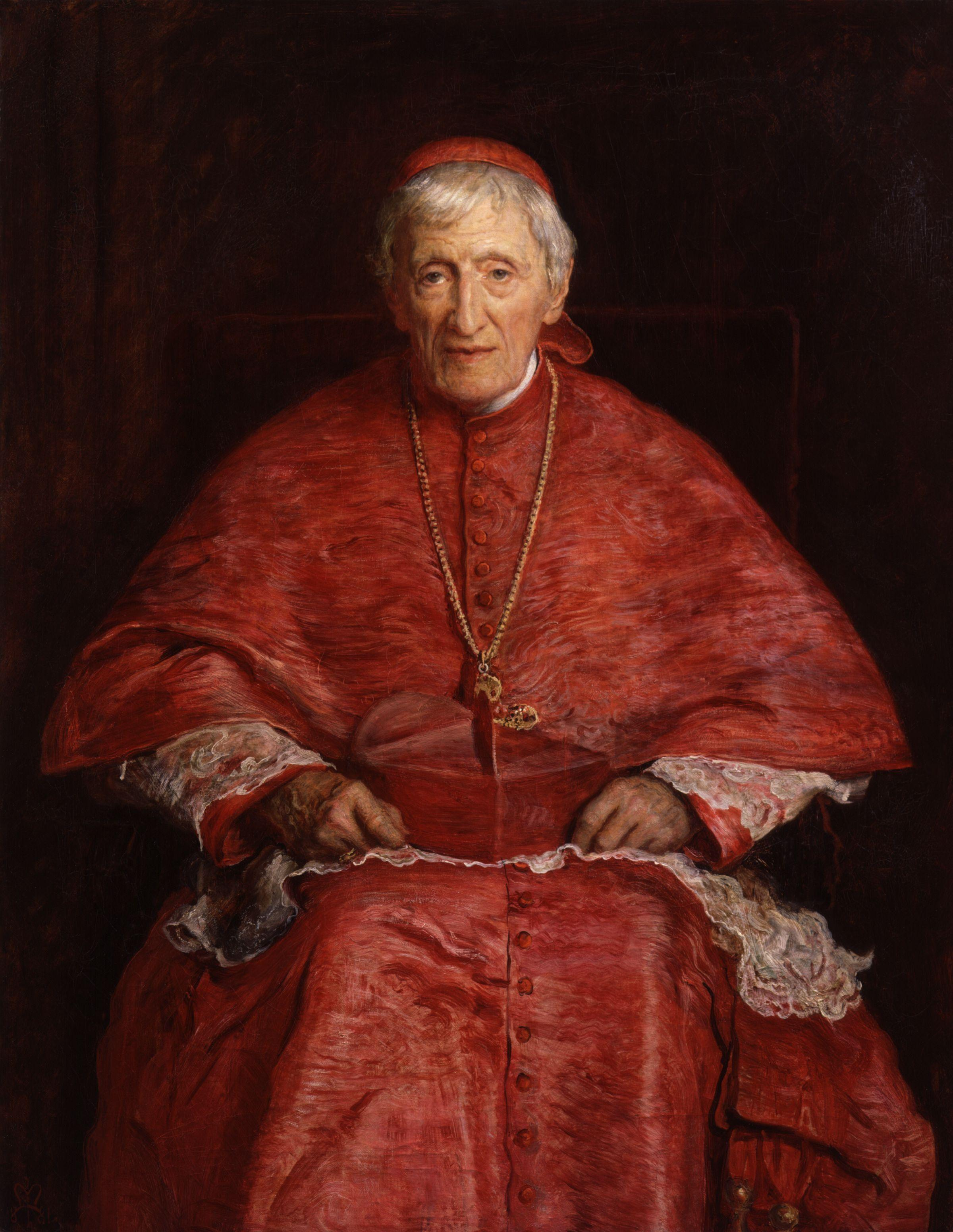The liberal arts are declining, but this is not the fault of students. Last week, the Association of American Colleges and Universities (AAC&U) and the American Association of University Professors (AAUP) released a joint statement reminding Americans of the value and necessity of the liberal arts. The American Council of Trustees and Alumni (ACTA) applauds the AAC&U and AAUP for their courageous defense of a rigorous liberal education. The statement reads, “We believe that institutions of higher education, if they are truly to serve as institutions of higher education, should provide more than narrow vocational training and should seek to enhance students’ capacities for lifelong learning.”
In The Idea of a University, John Henry Newman wrote, “I say that a cultivated intellect, because it is a good in itself, brings with it a power and a grace to every work and occupation which it undertakes, and enables us to be more useful, and to a greater number.”
 A liberal arts education is not meant for students to focus exclusively on a single career path, but rather to foster the skills and habits to perform well in multiple areas, as well as the ability to examine one’s own life from a perspective outside of one narrow professional niche. In The Idea of a University, John Henry Newman wrote, “I say that a cultivated intellect, because it is a good in itself, brings with it a power and a grace to every work and occupation which it undertakes, and enables us to be more useful, and to a greater number.”
A liberal arts education is not meant for students to focus exclusively on a single career path, but rather to foster the skills and habits to perform well in multiple areas, as well as the ability to examine one’s own life from a perspective outside of one narrow professional niche. In The Idea of a University, John Henry Newman wrote, “I say that a cultivated intellect, because it is a good in itself, brings with it a power and a grace to every work and occupation which it undertakes, and enables us to be more useful, and to a greater number.”
On many college campuses today, students are not receiving a comprehensive liberal education that encompasses the skills needed for professional work, self-examination, and the examination of our nation’s principles. The joint statement identifies parents, students, and politicians as contributing to the decline of the liberal arts, but, while ACTA agrees with the commitment that they make in their brief statement, higher education must examine its own role in this worrisome trend.
If the liberal arts cease to exist as academic majors, they must remain as a central portion of a student’s foundational studies. In the almost 10 years since the debut of ACTA’s signature What Will They Learn? (WWTL) report—a comprehensive collection of the core curricula at over 1,100 American colleges and universities—a rigorous core curriculum remains a rare offering on campus. It is alarming that academic communities have very seldom come together to decide what subjects will prepare students for effective careers and citizenship. Of the 1,100 schools in the report, only 3% require a course in economics, fewer than 18% require a course in United States government or history, and about 12% require foreign language competency at the intermediate level.
It is unacceptable for higher education institutions to refuse partial responsibility for the current gaps of knowledge between students. The limitless cafeteria line of course options that represents the undergraduate general education curriculum at many institutions threatens a firm understanding of the liberal arts. A reexamination of intended missions, collaboration between faculty members, and bold administrative leadership are required to preserve the liberal arts in the core curriculum.
A campus environment that limits diverse thoughts and ideas creates like-minded individuals who are incapable of exchanging knowledge with one another.
The flourishing of the liberal arts also requires passionate defense of the freedom of expression and commitment to intellectual diversity on college and university campuses. Here, too, many institutions have faltered. Many campuses maintain speech codes in clear violation of the First Amendment, safe spaces, and the disinvitations or de-platforming of controversial guest speakers by their students. Students are not prepared to hear ideas that differ from their own and do not, frankly, even want to. Without the presentation of opposing ideas, students will not have the opportunity to discuss their stances on issues or, perhaps, alter them based on thought-provoking discussion.
ACTA’s recent report, Building a Culture of Free Expression on the American College Campus, offers a number of recommendations for colleges and universities to establish clear standards for free speech on campus. These recommendations include abolishing restrictive speech codes, offering clear expectations and sanctions for the campus community, and several others. A campus environment that limits diverse thoughts and ideas creates like-minded individuals who are incapable of exchanging knowledge with one another. A rigorous liberal arts core curriculum, preserved by a campus culture that encourages intellectual diversity by safeguarding free expression, is the foundation for effective citizenship and successful employment.
Nathaniel Urban is ACTA’s Program Officer for Curricular Improvement.
 A liberal arts education is not meant for students to focus exclusively on a single career path, but rather to foster the skills and habits to perform well in multiple areas, as well as the ability to examine one’s own life from a perspective outside of one narrow professional niche. In
A liberal arts education is not meant for students to focus exclusively on a single career path, but rather to foster the skills and habits to perform well in multiple areas, as well as the ability to examine one’s own life from a perspective outside of one narrow professional niche. In